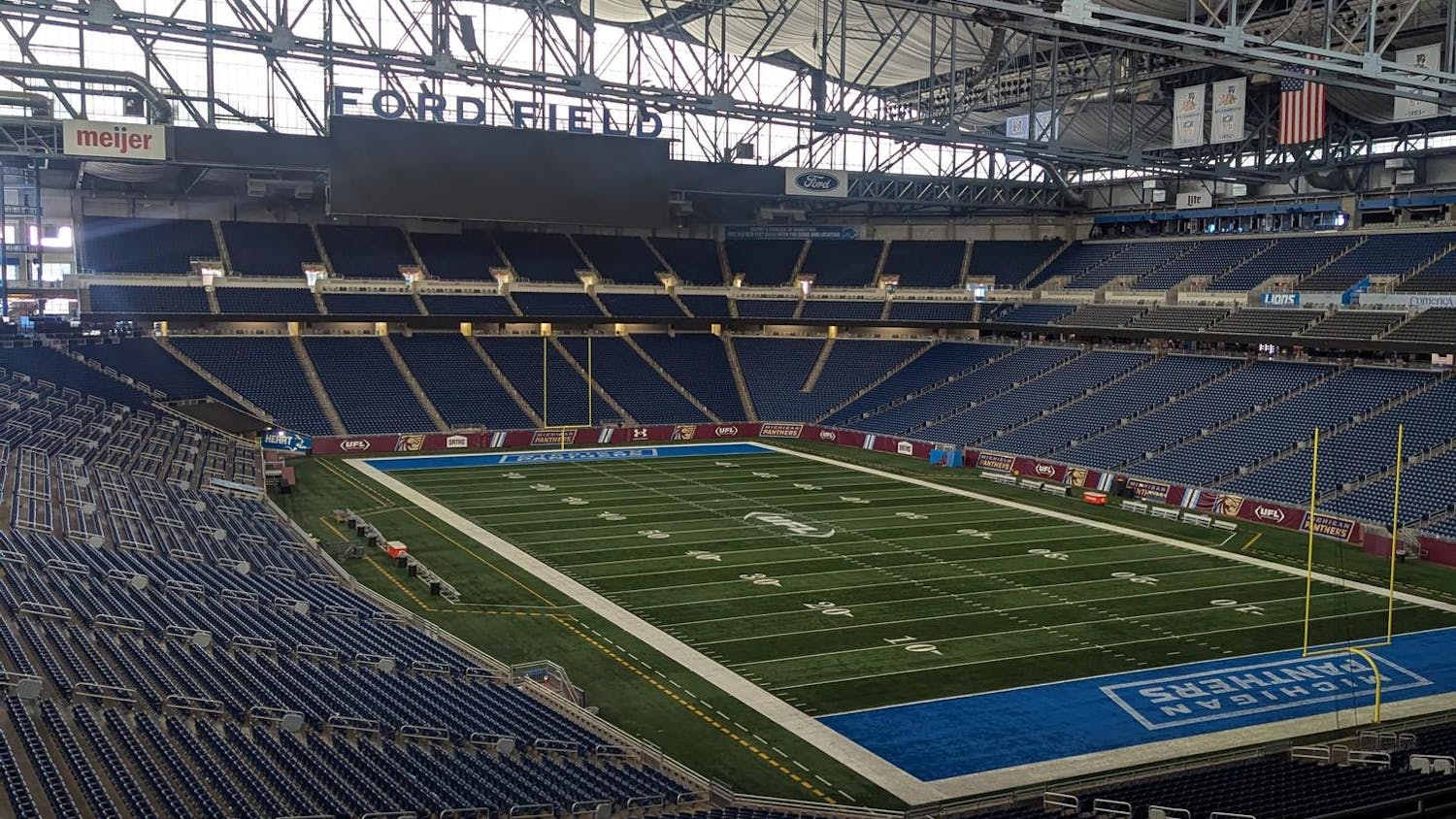A hotly debated topic these days is whether we can change human behavior in time to avert climate catastrophe.
But let’s look first at why we say “catastrophe.” Isn’t that a little strong? What can really happen in a so-called “environmental meltdown”?
As concentrations of greenhouse gases increase, Earth’s temperature will rise by 6 to 8 degrees. This will cause our water cycle to become destabilized. Violent weather, heat, floods and drought will devastate cropland and turn forests to desert. Food will become scarce, and our infrastructure will crumble faster than we can repair it. Our power grid, transportation and communication facilities and our water/sewage systems will be damaged significantly.
Much of this has already begun. We’re seeing conflicts over water in the U.S. and elsewhere. Hunger is epidemic in many regions of the world, even here at home. In two generations, environmental volatility can lead to violence in the streets. Already militants among peoples who have less are aggressively pursuing the riches of wealthy nations.
So now that we know what can happen, who is driving this set of circumstances? Generally, the people with the money and power to change what’s happening to Earth’s environment are causing climate change.
More specifically, Big Oil and Big Coal are major contributors to global warming by extracting and selling us more fossil fuels than we should be burning. They refuse to get on board with new wind and solar technologies. They also lobby legislators and government agencies to water down regulations.
In the meantime, the auto companies and electric power utilities have been slow to create new technologies that don’t use fossil fuels. And those who supply financial capital to commerce and industry still invest only in technologies that produce the fastest, highest returns, even though our Earth can no longer sustain such rapid growth.
Our legislators are also at fault. They’ve allowed corporations to essentially buy off government with election campaign contributions. Instead of fighting off greed, corruption and lobbying, the politicians give in to the demands of finance and industry for de-regulation in order to keep getting elected. They also vote to continue heavy subsidies for coal and oil production rather than shifting those dollars to wind and solar technologies.
Finally, “We the People” are not without sin on climate change. Our anti-intellectualism keeps us from learning the facts and changing our behavior. Our individualism keeps us from focusing on the welfare of our communities and society. And, for those of us who hold corporate securities, we (just like the financiers) demand continuous, increasing growth.
What is needed to avert disaster? First, we need to change our rules about private property and “ownership.” Individuals and corporations should not be able to “own” the Earth and its resources. Neither should they “own” manufacturing processes. These are better seen as common pool resources that belong to all of us.
Society and local communities need to be more involved in the ownership of land, water, minerals, institutions and production. This would lead to a more stable, accountable society, with broader distribution of wealth among all the Earth’s people. Negotiating community solutions is difficult, no doubt about it. That’s why business relies on hierarchy and authority. But decisions based on shared values and common purpose will ultimately do what’s best for society, not what shifts wealth to some greedy corporation.
On a more local and personal level, we need to commit ourselves to public action against climate change. And we need to adopt new patterns of living that greatly decrease the use of fossil fuels from our daily life, such as walking, biking, using public transportation.
Human beings tend to change slowly, unless we’re pushed by drastic circumstances. Will we just lurch into disaster because we can’t adjust rapidly enough to changing conditions? Will the processes of human change outpace the increase in Earth’s temperature at this point? Or will we perish in the resulting catastrophe?









